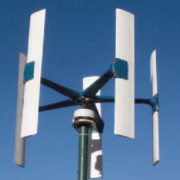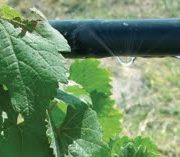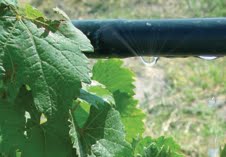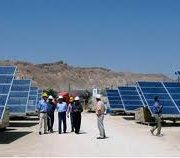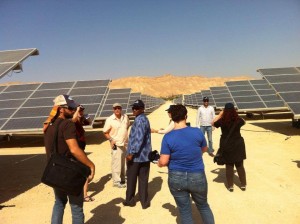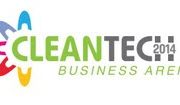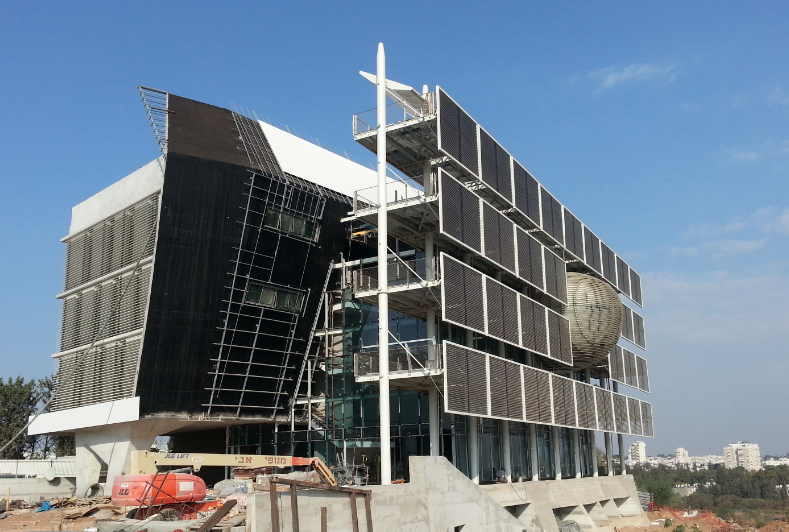New business at the speed of wind
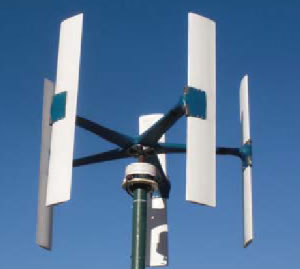 Wind mini turbines tech has been a very popular topic in this blog, so we decided to expand the information. The emphasis is doing on commercial aspects of these wind mini turbines for both rural areas and its new application in cities.
Wind mini turbines tech has been a very popular topic in this blog, so we decided to expand the information. The emphasis is doing on commercial aspects of these wind mini turbines for both rural areas and its new application in cities.
Many remote rural areas and even less remote areas have serious problems getting reliable electricity sources. For example, in Venezuela not only remote areas face this problem but nearly all populations within the country suffer blackouts and electricity shortage. This situation, if less severe than in Bolivarian country, is also common in other American countries.
An ecologically viable way to alleviate these problems in areas with suitable wind conditions – usually where winds blow over 6 meters per second- is generating electricity by using turbines or wind turbines as they are better known.
Main topic of the article deals with most common use of wind mini turbines, which means turbines with less than 100 kW that are intended for auto consumption in places where there is no electricity network. However, with changes in legislation, it is becoming possible to install these systems in cities. This allows the use of electricity generated by turbines for home consumption in buildings where there is already an electric network, such as a home or business that are already drawing power from the grid. In this mode, the energy generated is consumed directly by operating appliances and prevents that his owner buy that energy to the electric company. For example, a conventional turbine with a power of 1.75 kW could generate over 50% of the annual electricity in an average household. The other application, which is already applied in Israel for photovoltaic power and in other countries for wind power, involves selling the power generated by mini turbines to the power network.
On the trade issue
Many professionals interested in installing the mini turbines commercially ask me where to start because the first step is the assessment of wind resource. There is existing data about this in many areas but there are also special devices that measure wind characteristics in situ. On the issue of costs: Total costs for the installation of a wind turbine can vary depending on several parameters such as the kind of turbine cost, construction contracts, type of machine, project location, and other factors. Components of wind projects cost include site analysis expenses, turbine price and charge, construction costs, permitting and interconnection studies, utility system up-dates, transformers, protection and measurement equipment, insurance, operations, warranty, maintenance and repair, legal fees and consultation. Other factors that will impact your project economics include financing costs, size of your project, and taxes.
– Small turbines cost about $3,000 to $5,000 per kilowatt of capacity. That means a 10 kilowatt machine can cost between $35,000 and $50,000.
The video below shows installation and start-up of 1kw turbine in Northern Israel. Double-click and download the file.

